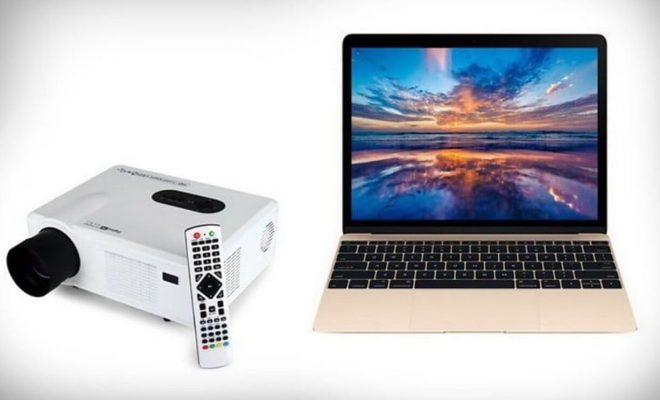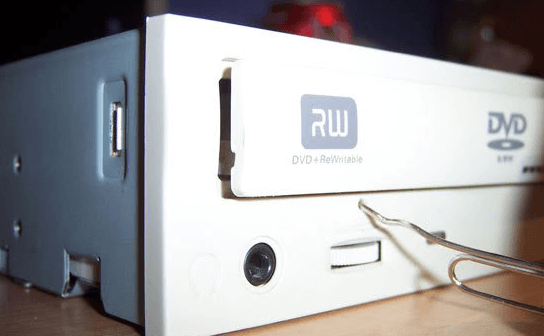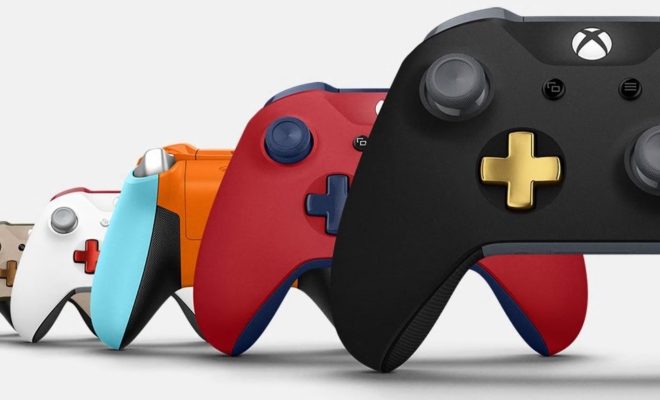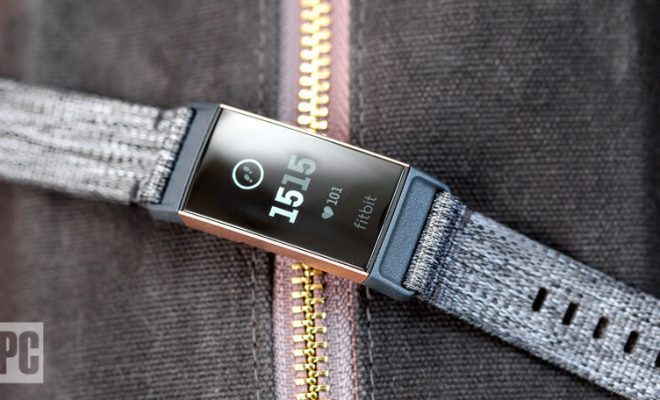GSM Vs. CDMA: What Is the Difference and Which Is Better?
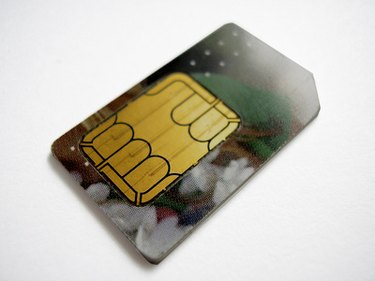
When it comes to mobile communication technology, there are two main types – GSM and CDMA. Both the technologies have their advantages and disadvantages, and it can be quite confusing to choose between the two. In this article, we’ll discuss the differences between the two and help you decide which one is better.
GSM stands for Global System for Mobile Communications, while CDMA stands for Code Division Multiple Access. Both the technologies are used for transmitting voice and data over a wireless network. However, they differ in the way they handle calls and data.
GSM divides the frequency band into time slots, which means several calls can be placed on the same frequency. CDMA, on the other hand, uses a spread spectrum technology and spreads each call over multiple frequencies. This means there is no interference in the signal, making CDMA calls clearer and less prone to dropouts.
Another key difference between the two technologies is that GSM stores user information on a SIM card, while CDMA stores it on the device itself. This means that with GSM, you can easily switch between devices and carriers by simply swapping the SIM card. With CDMA, you’ll need to activate the device with the carrier’s network before you can use it for making calls or accessing the internet.
When it comes to coverage, CDMA is more commonly used in the US, while GSM is used in most other countries worldwide. This is because GSM has better international roaming capabilities, which means you can use your phone in different countries without having to change your SIM card.
So, which one is better? Well, it depends on your specific needs and preferences. If you live in the US and don’t travel abroad often, CDMA might be a better option for you. However, if you travel frequently and need to use your phone in different countries, then GSM might be the way to go.

